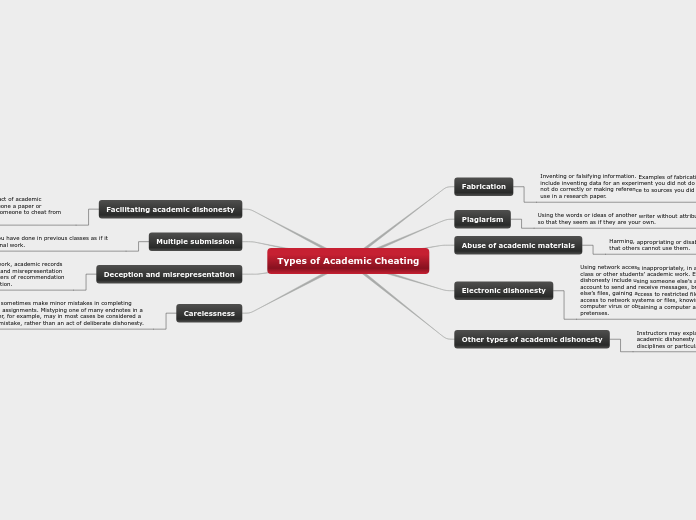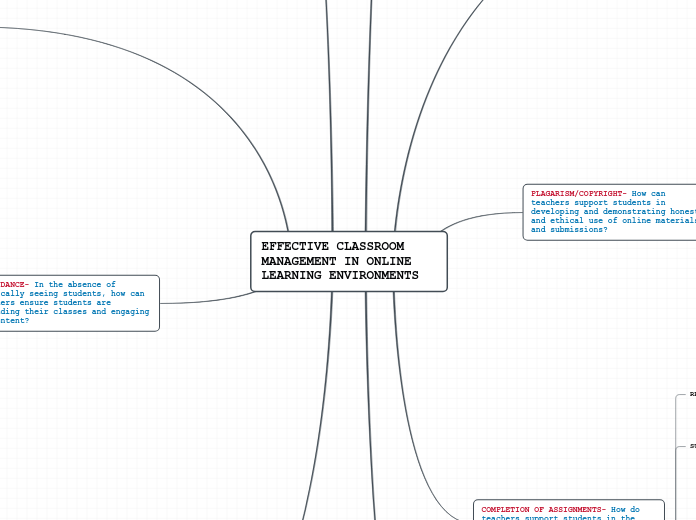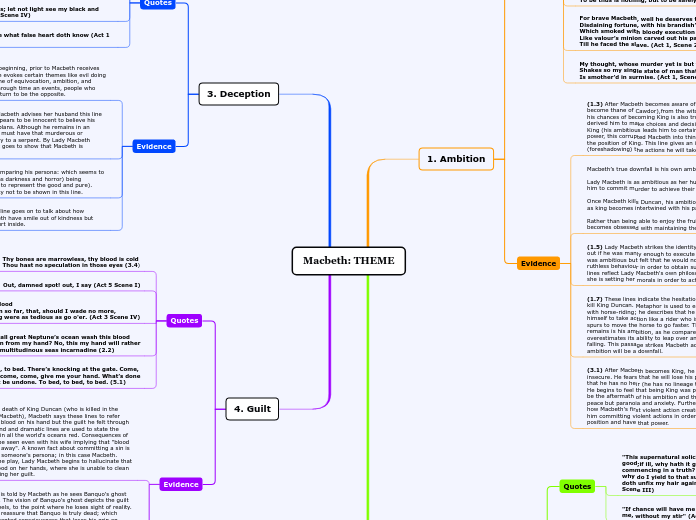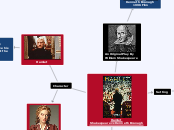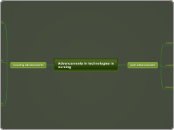von umesh arya Vor 12 Jahren
454
Cheating in Online Courses
Academic cheating encompasses various forms of dishonest behavior that undermine the integrity of the educational process. Fabrication involves inventing or falsifying information, such as creating data for unperformed experiments or citing nonexistent sources.
